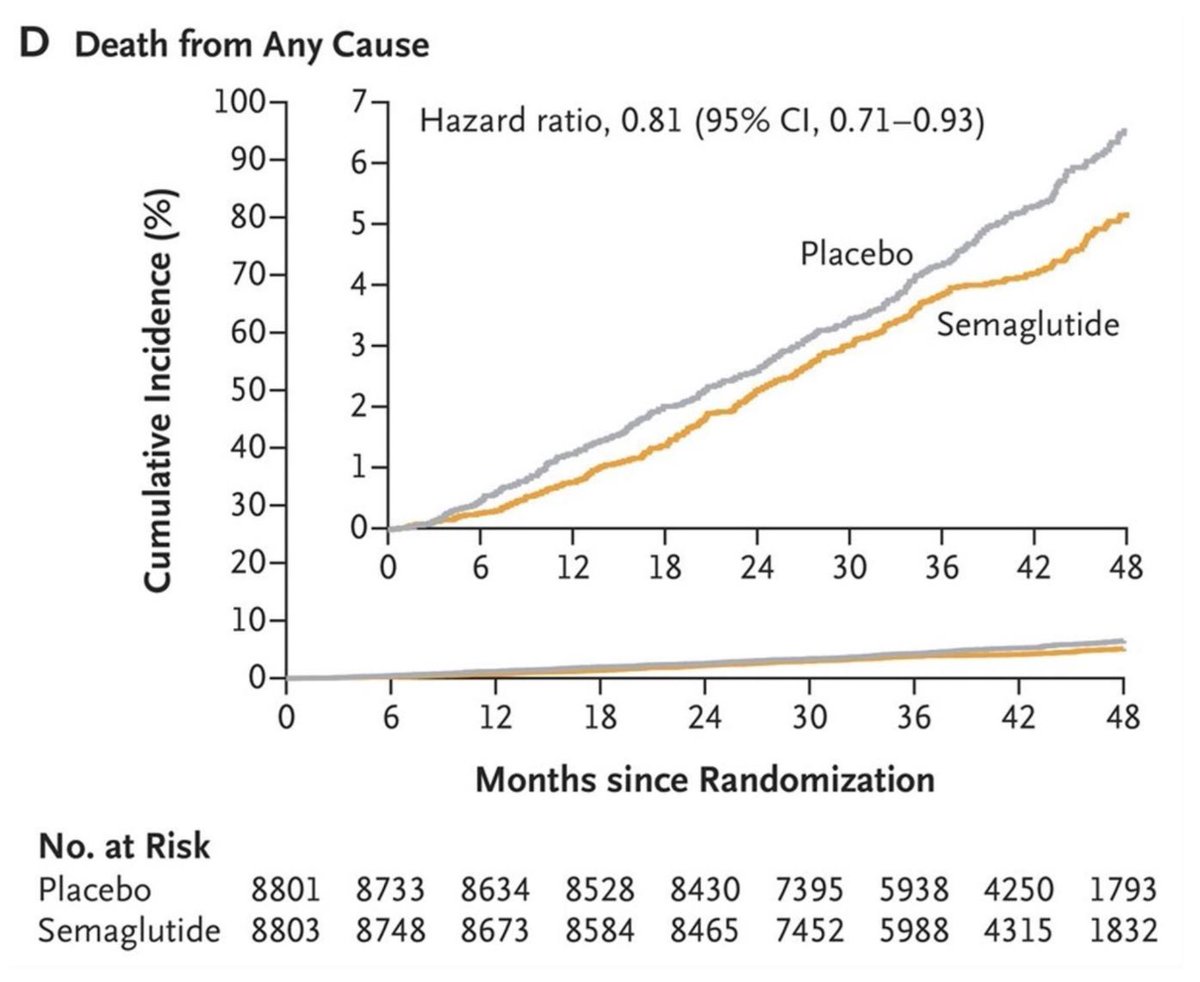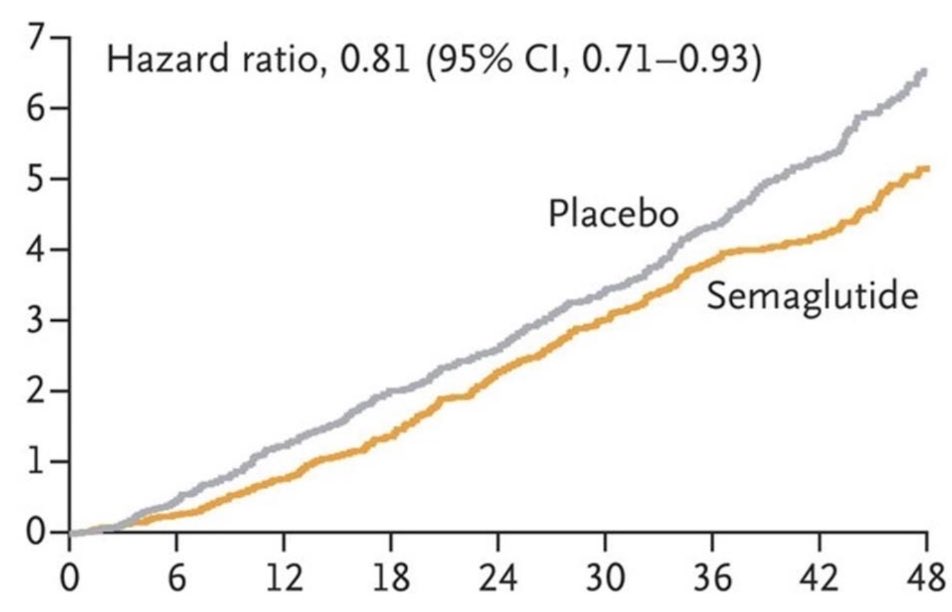One thing we don’t teach you in med school or residency is how to call in sick. 1/20
I will tell you an embarrassing story. 2/20
Twenty years ago, my then wife’s dad committed suicide on a Tuesday. 3/20
She called me at work in the middle of the afternoon. It was a ridiculous day in clinic. Three exam rooms full and a waiting room filling up. 4/20
The call caught me by surprise. Her dad had not notified my that he was going to jump to his death that day. 5/20
On the phone, I asked her if she had someone there. Then I made my mistake. 6/20
I said, “I have all these patients to see. I’ll be home as soon as I can.” 7/20
In my defense, I had never once in my med school or residency put a personal event ahead of my professional responsibility. 8/20
Quite the contrary. I had watched a vascular surgery fellow get told his wife was divorcing him, hang up the phone, and continue rounds without a shred of emotion. 9/20
This was the culture of medicine I was raised in. Ruthless prioritization of word over family was part of “professionalism.” 10/20
My wife survived until I arrived home a few hours later. She had spent most of the time on the phone with her siblings.
You can imagine other circumstances where I would not be immediately available.
That’s not the point. 11/20
You can imagine other circumstances where I would not be immediately available.
That’s not the point. 11/20
The point is, I did not know how to leave my professional life in the event of an emergency. I honestly had never seen anyone do it. I had no role model and never done a role play.
I had no equipment for this important moment. 12/20
I had no equipment for this important moment. 12/20
Here’s the most important part: 13/20
You people can survive without you. Everyone in a doctor’s life has learned to adapt to their absence. We force this lesson on our loved ones repeatedly throughout our careers.
“I’ll be home at 6.”
“Make that 7.”
“Uh oh you can go to sleep things are going the wrong way. 14/20
“I’ll be home at 6.”
“Make that 7.”
“Uh oh you can go to sleep things are going the wrong way. 14/20
There are 2 main points:
1) The fact that people tolerate being #2 to your career doesn’t mean you shouldn’t sometimes make them #1 and
2) I delivered sub-standard care to those patients I saw that afternoon 15/20
1) The fact that people tolerate being #2 to your career doesn’t mean you shouldn’t sometimes make them #1 and
2) I delivered sub-standard care to those patients I saw that afternoon 15/20
No matter if your father in law kills himself or any other of a hundred tragedies, this is the essential part.
You have to be able to recognize when you are sufficiently impaired by your emotions not to be able to practice medicine. 16/20
You have to be able to recognize when you are sufficiently impaired by your emotions not to be able to practice medicine. 16/20
When a colleague comes to you and says “I have to leave I am facing a situation.” You have to be able to say, “I’ll cover you go do your thing.” 17/20
It has to become more part of our culture. We can’t expect people in the midst of a personal tragedy to continue to practice medicine like a computer healthcare kiosk. 18/20
I was fortunate. To the best of my knowledge, I didn’t make any serious mistakes that day.
If I had, I would have compounded grief with guilt. This is not a situation we should expect medical colleagues to tolerate. 19/20
If I had, I would have compounded grief with guilt. This is not a situation we should expect medical colleagues to tolerate. 19/20
That means on the other end you may have to pick up the slack when a colleague steps out in the midst of a personal crisis. 20/20
• • •
Missing some Tweet in this thread? You can try to
force a refresh










